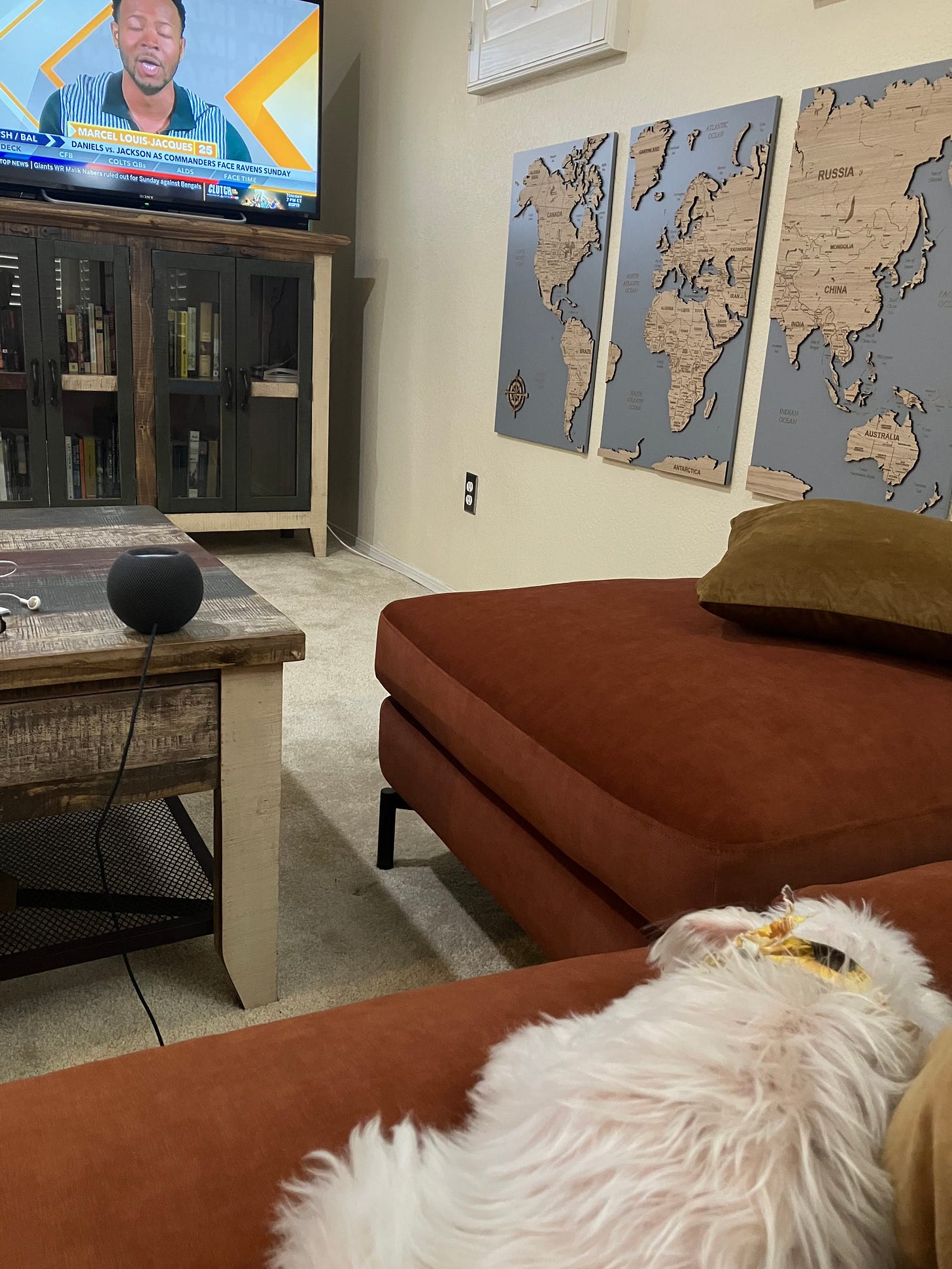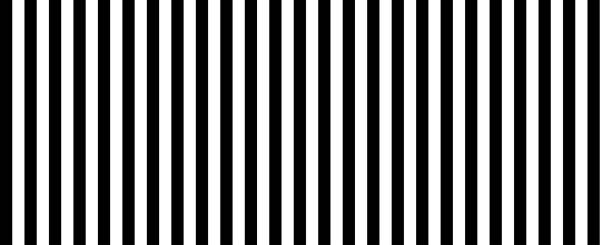#467: White Lines
Articles on the value of veganism, the purpose of college, and the racism of recess
Dear Readers,
One rule I have for my life is, “Never read the comments.” It has served me well. There’s enough stress in my day; I don’t need to entertain more. But over the past two weeks, as I’ve read the comments section here, I’ve had a change of heart, at least for this publication. It has been wonderful to read the thoughtful commentary from kind readers who care deeply about the best writing out there. Thank you, I hope it continues, and if you’d like to share your perspective, please do.
Now let’s get to this week’s articles. In typical Article Club fashion, they run the gamut from racism at recess to the purpose of college to the benefits of veganism.
I highly recommend this week’s lead article, “White Lines.” Author Emilio Carrero recounts his early-2000s Florida childhood playing pick-up soccer games at recess, in a masterful and thought-provoking coming-of-age essay. “For me,” Mr. Carrero writes, “nothing made as much sense as those twenty minutes in the sweltering heat, where the sun-scorched grass and the white chalk lines and the orange cones all existed to explain an otherwise confusing world — my brownness and poorness, the color line that we all danced along, a history as scuffed and dirtied as our clothes and shoes, and the daily rituals of unity, a rigged contest, its outcome as inevitable as the victory of whiteness.”
If personal essays aren’t for you, I invite you to read:
“Why College?” if you’re questioning the purpose of college
“Confessions of a Former Carnivore” if you’re questioning your diet
Hope you enjoy this week’s articles. As always, if a piece hits you, let me know. I’d love to hear from you. Or if you prefer, show your support by becoming a paid subscriber (like Giselle!). I would be very grateful.
1️⃣ White Lines
Emilio Carrero lives for recess. It’s the time when he and his fellow 10-year-old friends play soccer on the big field of his elementary school in Florida. Except he doesn’t much like soccer, nor is he very good at the sport. What thrills Emilio is winning — because winning means he is saved from his poorness, from his Brownness, from his peers making fun of the house he used to live in, before it was foreclosed.
But winning might also mean being accepted by his white peers. After all, Emilio, a Puerto Rican boy growing up after 9/11, has been taught to be patriotic. It’s important that there’s unity against the enemy, he’s been told, and unity takes sacrifice. “I hoped that recess would bring me closer to being truly American,” he writes, even if that means hating his brown skin.
Then one day, the white kids change the rules. Max, “with a snarl on his lips, his blond hair as white as the sun,” chooses both teams. The teams are segregated by race. Emilio and his Brown and Black friends have no chance against their white classmates. That is, until Emilio finds a way out of this trap.
By Emilio Carrero • The Sun • 16 min • Gift Link
💬 Your Turn: What do you think?
➡️ Growing up, did you have any “white lines?”
In other words: Were there rules in your childhood — overt or otherwise — based on race, in which you internalized and acted on those rules (no matter your race)? Did you play by those rules, or did you rebel?
If you’re comfortable, please share your experience. In typical Article Club fashon, be sure to be kind and thoughtful!

2️⃣ Why College, Or What Have We Done?
The noblest question in the world, Benjamin Franklin once asked, is, “What good may I do in it?” Prof. Jonathan Zimmerman, who teaches at the University of Pennsylvania, which Mr. Franklin founded, wishes nostalgically that today’s students would still consider this question in earnest.
But that reality, he argues, is no longer. The point of college has become, he argues, “to get ahead, and to win the game.” This means getting good grades, telling the professor what they want to hear, getting accepted into the most elite co-curricular activities, and applying for lucrative jobs in finance, even though those jobs are awful. In other words: The goal of college is not to do good but rather to dominate.
Prof. Zimmerman writes:
The big problem at college is not political correctness, or wokeness, or racism, or antisemitism. The big problem is cynicism, spawned by an institution that tells young people one thing and does the opposite. If we truly believed our rhetoric about individual exploration and collective uplift, we would structure college in a very different fashion. But we don’t believe it and the students know it. They have found us out.
By Jonathan Zimmerman • Liberties Journal • 19 min • Gift Link
3️⃣ Confessions Of A Former Carnivore
Many of us believe that education will set us down the right path, and that the truth will set us free. Except most of us — at least 96 percent of Americans — still eat meat, even though we know we shouldn’t.
In this well-researched, well-written article, writer Aaron Gell gets right to it:
Having adopted a vegan diet myself just a few years ago, following decades of blissful unconcern and another few years of guilty but defiant self-indulgence, I’ve found myself increasingly mystified by our culture’s intractable attachment to using animals for food. Why, given the growing plethora of decent alternatives and the many reasons to forswear meat, dairy, and, yes, seafood — self-evidently good reasons, involving ethics, personal health, environmental devastation, and social justice — aren’t more of us doing it? Why are so many otherwise thoughtful, conscientious, and deeply caring individuals so willing to cause so much suffering for the most trifling and transient of gratifications?
I especially appreciated Mr. Gell’s discussion of the “4 Ns” — false claims that flesh eaters (like me) cling to, even though we know we’re deluding ourselves. Here they are. If you haven’t gone vegan, which one is your nemesis?
Meat is necessary: Where else will we get protein?
Meat is natural: What do you think cavemen ate?
Meat is nice: I could never live without cheese!
Meat is normal: If everyone is eating meat, it must be OK!
By Aaron Gell • The New Republic • 24 min • Gift Link
Thank you for reading this week’s issue. Hope you liked it. 😀
To our 14 new subscribers — including Eugene, Paul, Dara, Lianna, Neil, Eliza, Claudia, Helen, Kamal, and Lise — I hope you find the newsletter a solid addition to your email inbox. Welcome to Article Club. Make yourself at home.
If you appreciate the articles, value our discussions, and in general have come to trust that Article Club will have better things for you to read than your current habit of scrolling the Internet for hours on end, please consider a paid subscription. I am very appreciative of Randy, our latest paid reader. Thank you!
If subscribing is not your thing, don’t despair: There are other ways you can support this newsletter. Recommend the newsletter to a friend (thanks Niphania!), leave a comment, buy me a coffee, or send me an email. I’d love to hear from you.
On the other hand, if you no longer want to receive this newsletter, please feel free to unsubscribe below. See you next Thursday at 9:10 am PT.







This week’s articles offer deep insights, from coming-of-age reflections in “White Lines” to thoughtful discussions on college and diet. Whether reading personal essays or thought-provoking pieces, using a black screen tool can help you focus entirely on the words, minimizing distractions and enhancing your reading experience. Looking forward to hearing what resonates with you https://blackscreen.onl/